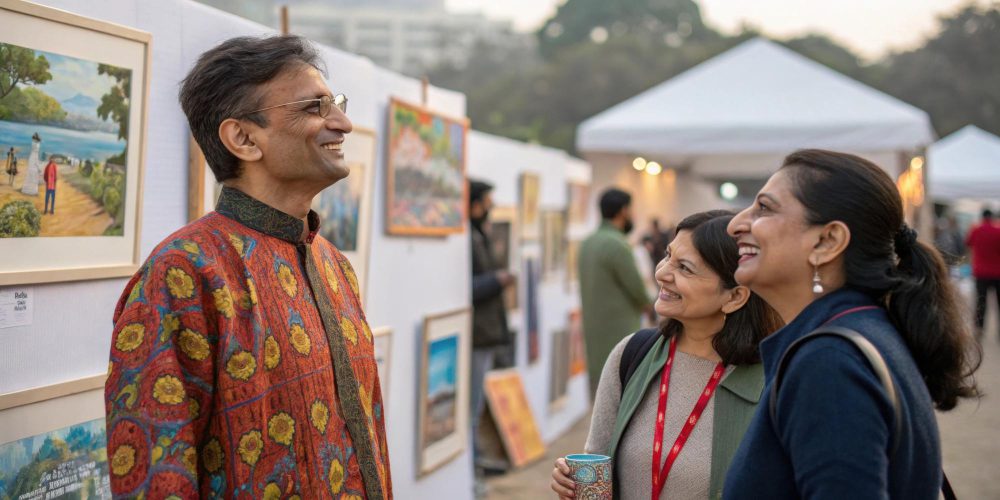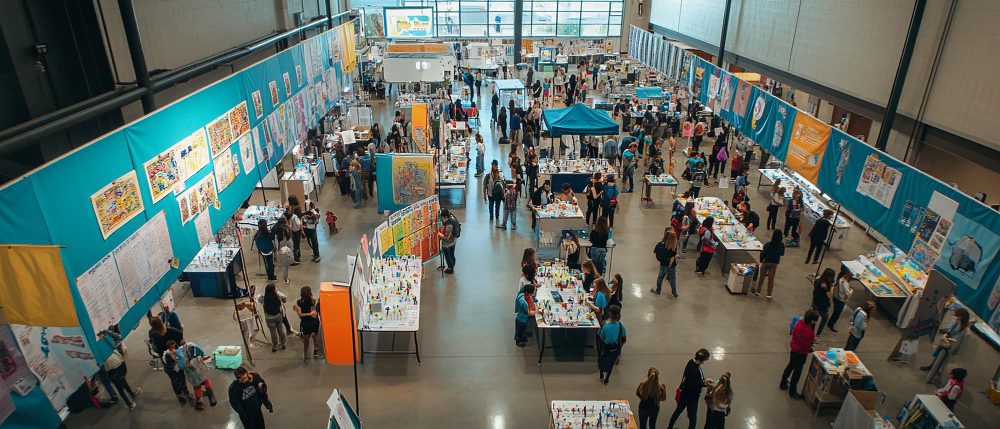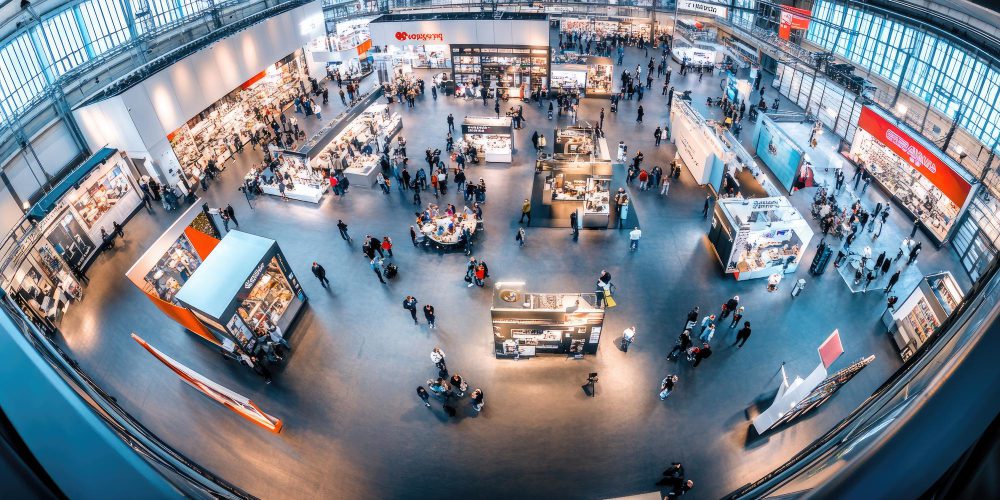The Role of Interpreters and Translators in Supporting Global Exhibitors
In today’s increasingly global exhibition landscape, effective communication is key to building international partnerships. Language barriers can pose significant challenges for global exhibitors, especially when they interact with visitors, partners, and local vendors. This is where interpreters and translators play a crucial role. Their presence helps ensure that language differences do not become obstacles to successful engagement, collaboration, and business development.
Bridging Language Gaps at the Exhibition Booth
For global exhibitors, real-time communication is essential, particularly during product demonstrations, business meetings, and buyer interactions. Interpreters help bridge these moments by providing immediate and accurate translations, allowing conversations to flow naturally and without confusion. Their assistance enables exhibitors to present their offerings clearly, answer visitor queries confidently, and build rapport without delay. This not only boosts exhibitor confidence but also enhances the visitor experience, leading to more meaningful connections.
Ensuring Accurate Documentation and Marketing Materials
Translators are equally vital behind the scenes, especially when it comes to written content. From product brochures and catalogues to signage and presentation materials, accurate translation ensures consistency in brand messaging across languages. Poorly translated content can lead to misunderstandings, diminish brand value, and even offend potential clients. Professional translators help maintain clarity, tone, and cultural relevance, making the exhibitor’s message more effective and respectful in a global context.
Supporting Conference Sessions and Multilingual Networking
Beyond the exhibition floor, interpreters play an important role in conference sessions, panel discussions, and networking events. Their presence allows international exhibitors and delegates to fully engage with content, participate in dialogues, and exchange ideas without linguistic limitations. Multilingual support in such scenarios promotes inclusivity and positions the event as a truly global platform, open to diverse voices and markets.
Conclusion
Interpreters and translators are not just support staff—they are essential enablers of global participation in exhibitions. Their skills empower international exhibitors to communicate effectively, present confidently, and connect meaningfully with their audience. By investing in professional language services, exhibition organizers can create a welcoming and productive environment that fosters international business and cultural exchange.














Post Comment